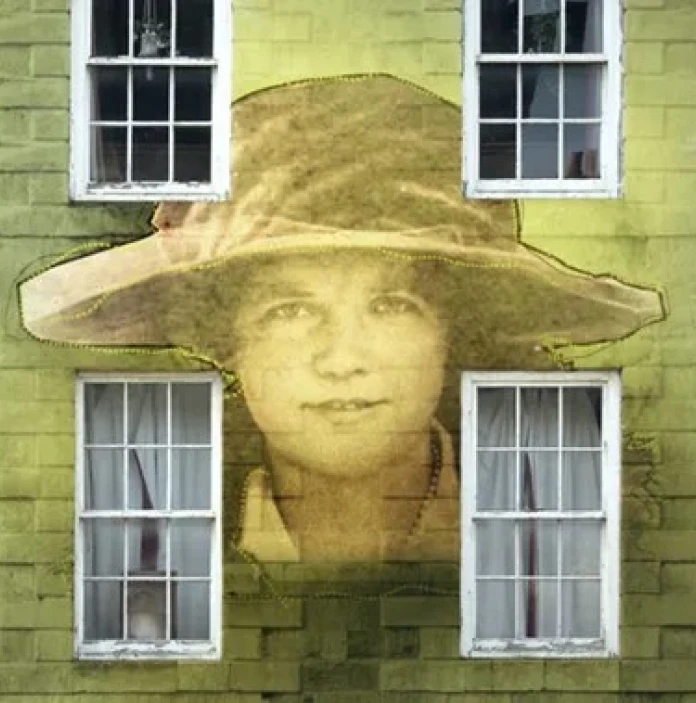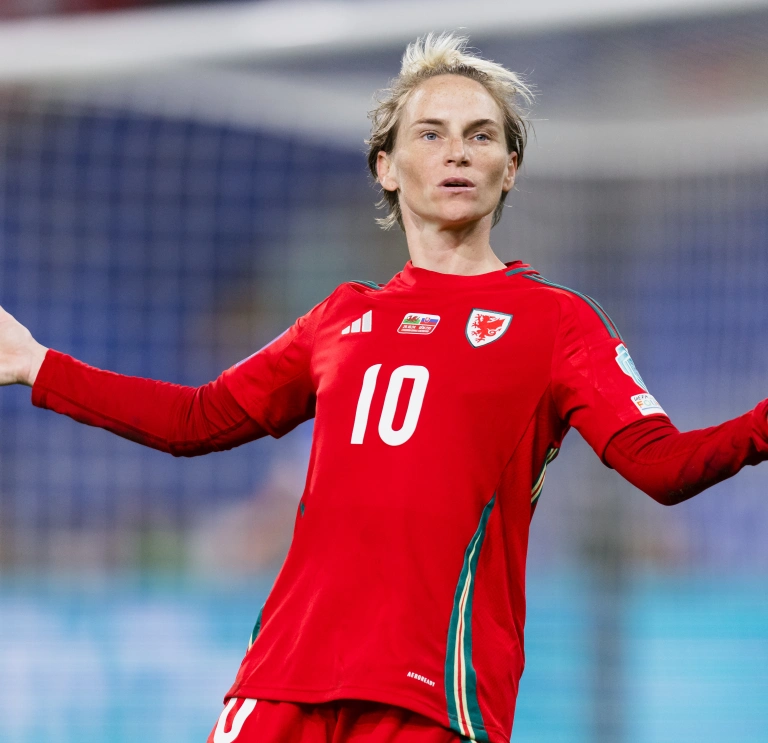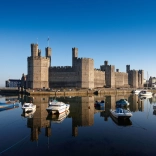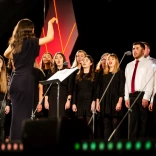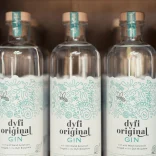In the spirit of this team of sporting trailblazers, we’re celebrating 11 other remarkable Welsh women who have broken barriers and forged paths in their own fields. Facing adversity with determination, these trailblazers not only shaped history but continue to inspire future generations across society.
1. Margaret Haig Thomas, Lady Rhondda
A suffragette, industrial powerhouse, and tireless advocate for equality
Margaret Haig Thomas, better known as Lady Rhondda, was a pioneering Welsh suffragette and trailblazer for women’s rights. In 1913, she was imprisoned for placing an explosive in a post box in Newport as part of the suffrage campaign.
Beyond activism, Lady Rhondda broke barriers in business, sitting on the board of 33 companies and chairing seven. She built an industrial empire spanning coal mines to shipping, as well as newspaper publishing.
Perhaps her most enduring legacy was her 40-year fight to allow women to sit in the House of Lords – a battle she sadly never saw won in her lifetime, but which paved the way for others.
2. Betty Campbell MBE
A community activist and champion of diversity
Betty Campbell was Wales’ first Black head teacher and a pioneering advocate for multicultural education. Teaching at Mount Stuart Primary School in Butetown for 28 years, she championed Black history, culture, and identity in the classroom.
She played a key role in establishing Black History Month in the UK and was deeply rooted in her community. Nationally recognised, she served on both the Home Office’s race advisory committee and the Commission for Racial Equality. “In our own unique way were establishing an area where religion, colour didn’t matter – we all respected each other as people,” she once said, capturing the inclusive spirit she embodied.
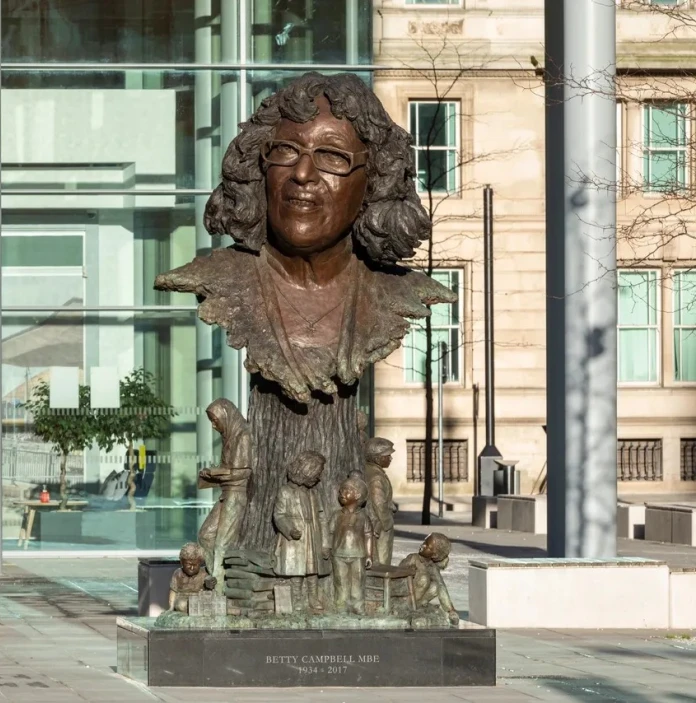
3. Jess Fishlock MBE
A football icon, coach and voice for equality
With a record 154 caps and 45 international goals, Jess Fishlock is Wales’ all-time leading goal scorer and most-capped footballer. Awarded an MBE in 2018 for her services to women’s football and her advocacy for the LGBTQ+ community, she has made a profound impact both on the pitch and in the fight for LGBTQ+ rights.
Passionate about equality in sport, she has worked tirelessly to challenge stigma and promote respect for women in football, declaring in 2024, “Wales is one nation, playing one sport.” Fishlock continues to inspire with her talent, leadership, and unwavering commitment to the game.
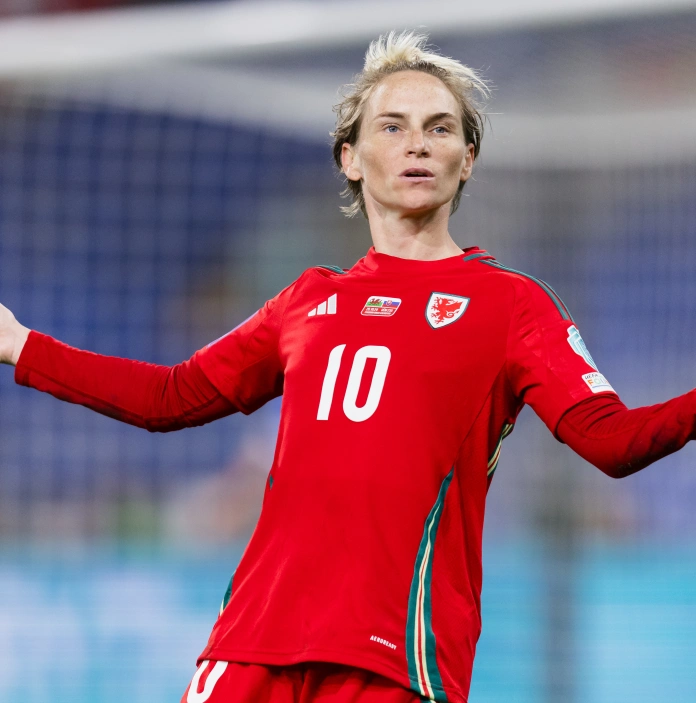
4. Sarah Jane Rees (Cranogwen)
A queer visionary and groundbreaking writer
Known by her bardic name Cranogwen, Sarah Jane Rees challenged Victorian norms as a poet, preacher, and educator. She maintained romantic relationships with women and drew inspiration from them in her writing, defying the era’s rigid expectations of gender and sexuality.
In 1865, she won the National Eisteddfod at Aberystwyth with Y Fodrwy Briodasol (The Wedding Ring), a bold poem critiquing the societal pressure on women to marry and highlighting domestic abuse through the voices of four brides.
She later became the first woman to edit a Welsh-language women’s magazine, Y Frythones, using her platform to amplify women’s voices and promote social change.
5. Elaine Morgan OBE
A playwright and evolutionary theorist
A playwright and author known for her groundbreaking work in evolutionary anthropology, Elaine Morgan excelled in both science and the arts, dominating the field with her work on the aquatic ape hypothesis. She was one of the first women to make a significant impact in the male-dominated realm of television scriptwriting and later turned her attention to science, critiquing the gender biases in evolutionary theories.
Recognised with an OBE in 2009 and becoming a Fellow of the Royal Society of Literature the same year, Morgan leaves a legacy that bridges science and storytelling – calling for a more inclusive understanding of human history.
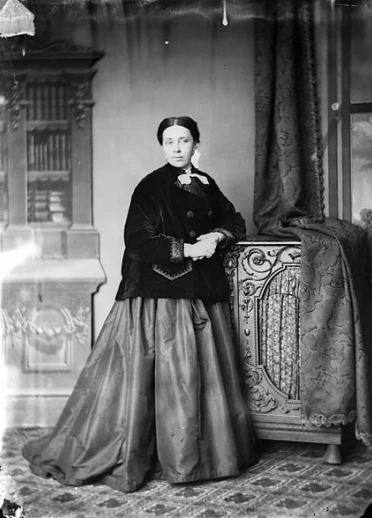
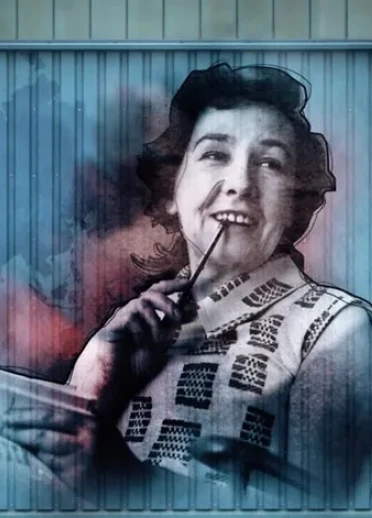
6. Laura McAllister
Academic, sports leader and advocator for change
A former Welsh international footballer with 24 Welsh caps, Laura McAllister is now a Professor of Public Policy and the Governance of Wales at Cardiff University and a vice-president of UEFA. From 2010 to 2016, she was Chair of Sport Wales, during which time she oversaw the most successful period for elite sport in the nation’s history.
At the 2022 FIFA World Cup, McAllister made headlines and became a symbol of quiet resistance when she was denied entry to a stadium for wearing a rainbow bucket hat - a moment that underscored her lifelong commitment to driving equality and inclusion in sport - not only for Wales, but globally.
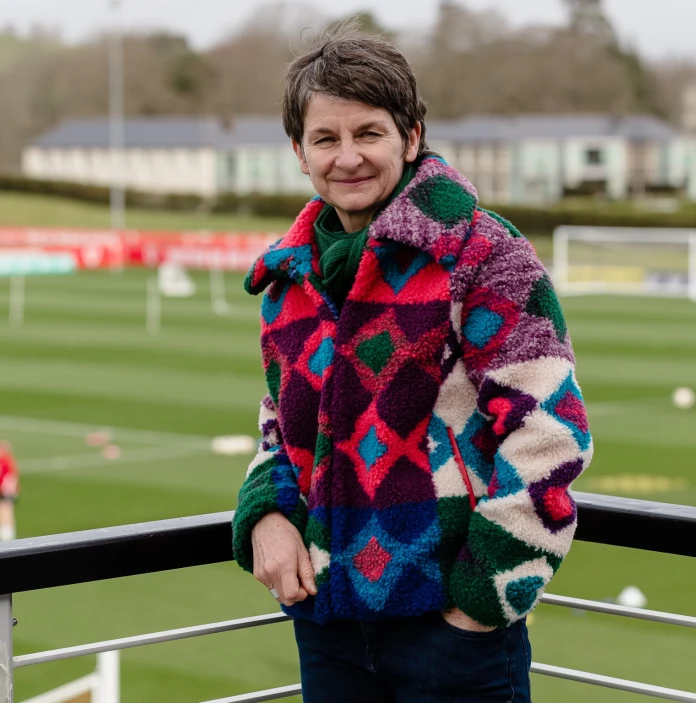
7. Elizabeth Andrews
Working class feminist and political trailblazer
Born into a poor mining family of 11 children, Elizabeth Andrews left school at 13 to support her family yet went on to become one of Wales’ most respected political voices. Dreaming of becoming a teacher, she proceeded to educate and inspire others in powerful ways.
She encouraged women about their voting rights by translating political leaflets into Welsh and became one of Britain’s first female magistrates. A tireless advocate for women and children, she gave evidence before a Royal Commission on the mining industry in 1919, drawing attention to the brutal realities of life for families in mining communities.
8. Tanni Grey-Thompson
Decorated paralympian
Born with spina bifida, Tanni Grey-Thompson defied expectations to become one of Britain’s most decorated Paralympians, winning 16 medals - 11 of them gold.
Voted among the greatest British sportswomen, she now serves as an independent crossbench Peer in the House of Lords, where she campaigns for disability rights and greater access to sport. Her journey from the track to Parliament is a story of resilience, ambition, and public service.
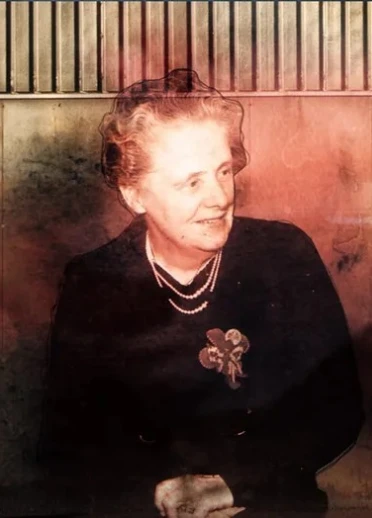
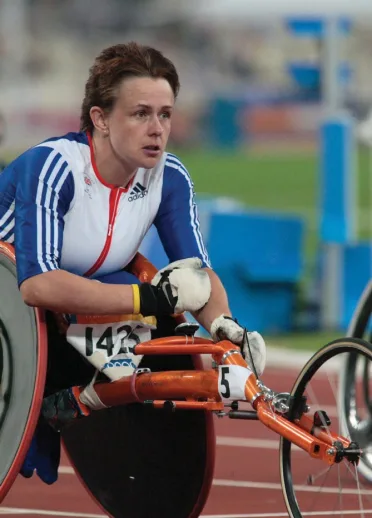
9. Dame Shirley Bassey
World-renowned Welsh singer
One of Britain’s most iconic vocalists, Cardiff-born Dame Shirley Bassey rose from humble beginnings to become the singing sensation she is known for today.
The only artist to record three James Bond theme songs, including the legendary 1964 Goldfinger which was inducted into the Grammy Hall of Fame in 2008, she made history as the first Welsh artist to achieve a number one single with As I Love You in 1959.
Appointed a Dame in 1999 for her services to the performing arts, she once reflected "every step of my career has been about taking that chance, believing in myself and making that leap."
10. Gwenllian ferch Gruffydd
12th century warrior princess and national symbol of resistance
Gwenllian ferch Gruffydd is the only known woman of the medieval period to lead a Welsh army into battle, famously fighting the Normans in 1136 with her courage making her a national heroine.
Fighting alongside her husband, Gruffydd ap Rhys, she was dubbed a “Robin Hood of Wales” for redistributing looted wealth and leading fierce resistance against Norman forces. Killed during battle, her death sent shockwaves through the country, sparking unrest and becoming a rallying cry for Welsh resistance. Her legacy lived on as Welsh soldiers charged into future battles with the cry, "Dial Achos Gwenllian" – "Revenge for Gwenllian."
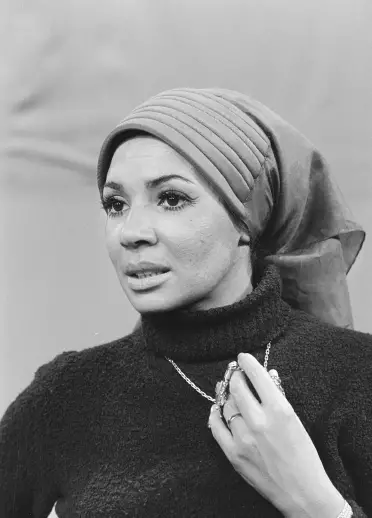
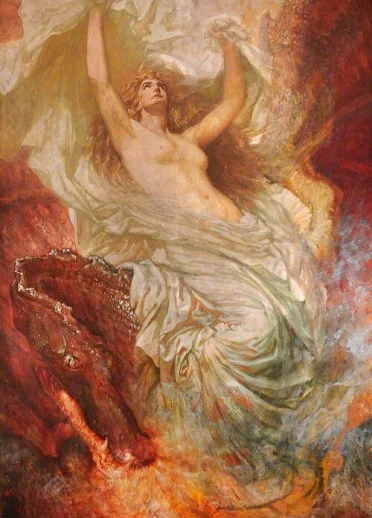
11. Lucy Thomas
Mother of the Welsh steam coal trade
After her husband’s death in 1833, Thomas took over his small coal business – an extraordinary step for a woman at the time, particularly one who could not read or write.
Through determination and skill, she grew the business from under £1,000 to £11,000 by her death in 1847. Once, after being denied entry to the Coal Exchange in Cardiff, in a bold letter delivered by her male clerk she declared: “My coal is equal to any man’s, failure to grant entry will lead to my business lining another's pockets."
